WASHINGTON, D.C. (7News) — District residents will continue to benefit from vital services after the D.C. Council voted to reverse nearly $63 million in proposed budget cuts that would have affected low-income families, libraries, youth programs, and housing support. The move comes after public outcry and extensive council review of the mayor’s proposed fiscal plan.
The restoration of funds marks a significant win for families, children, and vulnerable residents who depend on these services daily.
Libraries and Learning Preserved
Councilmember Matthew Frumin led the effort to reverse substantial cuts to the D.C. Public Library system. The mayor’s budget originally proposed a one-third reduction in operating hours and restricted new book purchases. Frumin found $6.5 million to restore those cuts, keeping libraries open and accessible.
“Libraries are more than just books,” Frumin said. “They are safe spaces for learning, job searching, and community support. Cutting hours would have hurt everyone, especially students and job seekers.”
TANF Assistance Restored for Families in Need
One of the most alarming proposed cuts was a $7.4 million reduction in TANF (Temporary Assistance for Needy Families) for fiscal year 2026. TANF provides financial support to low-income families for essentials like food, clothing, and child care.
Frumin and the council reversed the cut with a $7.5 million restoration, creating a pause that allows time for deeper community engagement and evaluation of the program.
“I oppose making changes without the best information and the most public engagement possible,” Frumin said. “This pause allows the Council, DHS, and residents to work together to reimagine TANF more thoughtfully.”
Support for Youth and Domestic Violence Programs
The council also rolled back other key reductions:
-
$600,000 in cuts to youth workforce development grants were restored.
-
$50,000 was reinstated for services supporting domestic violence survivors.
-
Funding was returned to support the District’s only crisis shelter for survivors.
Councilmembers emphasized that these restorations are not just about saving money, but about investing in people’s long-term success and safety.
Community Feedback Drove Changes
These decisions followed days of public testimony, where residents and advocates voiced concerns over how the proposed cuts would affect their communities. Councilmembers said the feedback helped shape a more equitable budget that reflects the city’s priorities.
“The proposed cuts would have made it harder for families to succeed,” one councilmember noted. “They would have led to deeper hardships that cost more to fix down the road. We couldn’t allow that.”
Housing: More Help on the Way
Housing remained one of the most discussed topics. Councilmember Robert White, chair of the Housing Committee, introduced changes that build upon the mayor’s proposal to restore the Housing Production Trust Fund to $100 million.
White added:
-
$2 million more for the Home Purchase Assistance Program
-
A plan to eliminate the lottery system for home assistance and move to a rolling distribution model
-
$200,000 in new funding for the Office of the Tenant Advocate
-
Increased support for Advisory Neighborhood Commissions (ANCs) for greater community representation and flexibility
“My family and many others were swept out of D.C. during the last budget deficit,” White said. “I don’t want that to happen again. Preservation must become a priority.”
Balancing the Budget Without Sacrificing the Future
The mayor previously defended the cuts as necessary to address the city’s budget shortfall. However, the council countered that cuts to essential services would have created long-term harm for thousands of residents.
By reallocating funds from other budget areas, the council was able to restore these core services without worsening the deficit.
A Budget That Reflects Community Values
The final budget amendments are being hailed as a reflection of public will and community priorities, showing that resident engagement and council oversight can work hand-in-hand to protect vulnerable populations.
Whether it’s keeping libraries open, ensuring families have financial support, or making homeownership more accessible, the council’s changes signal a strong message: people come first.


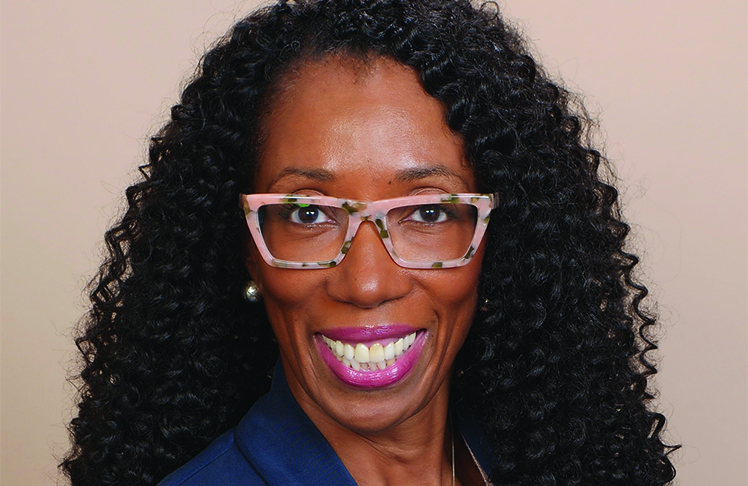
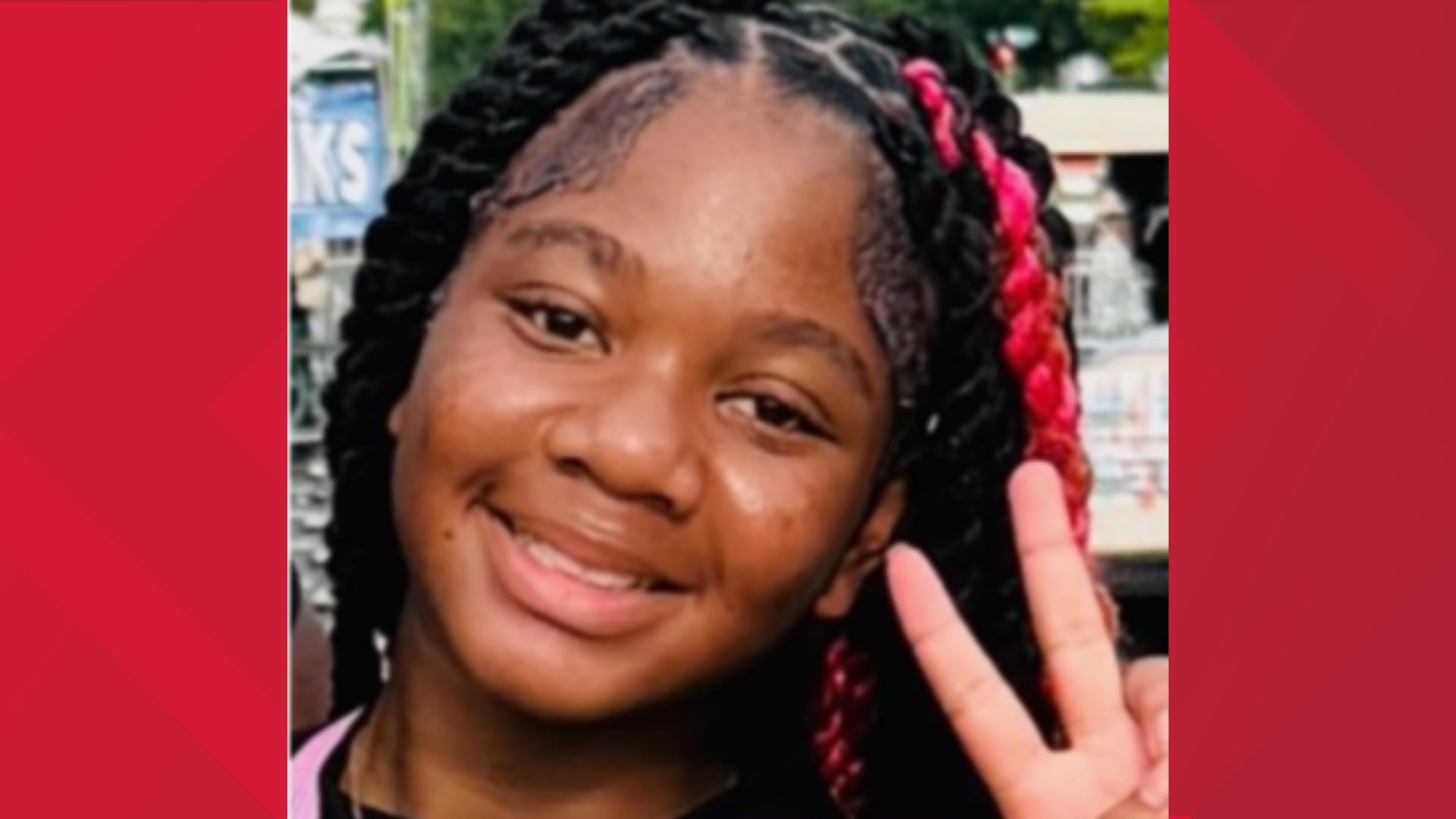




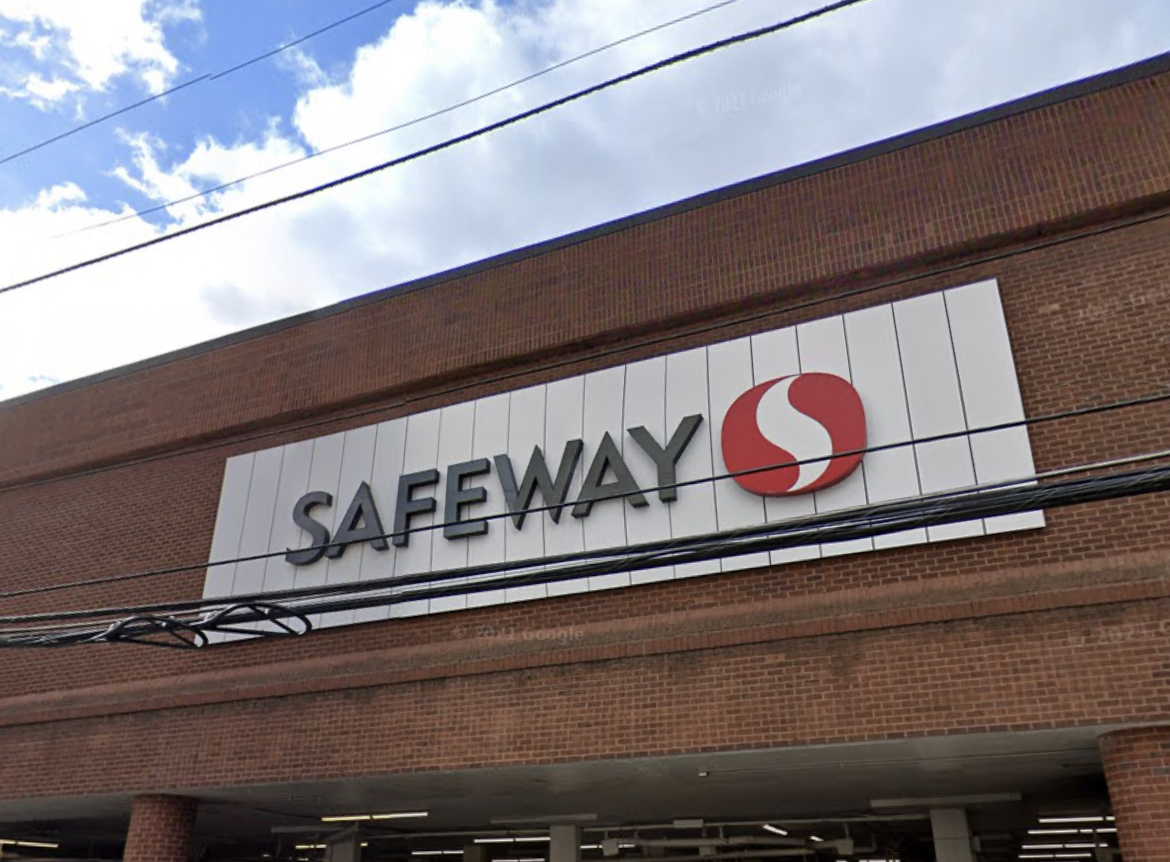
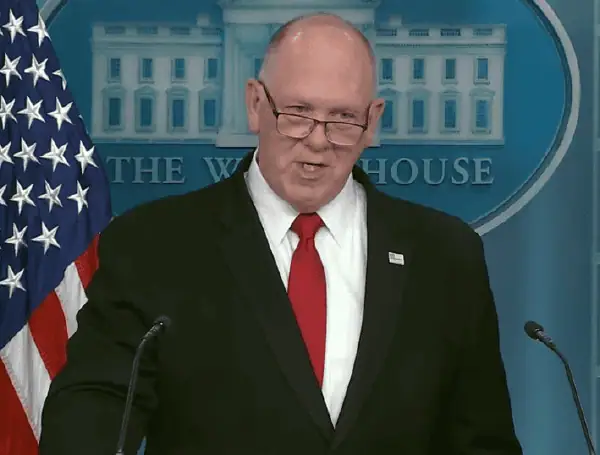
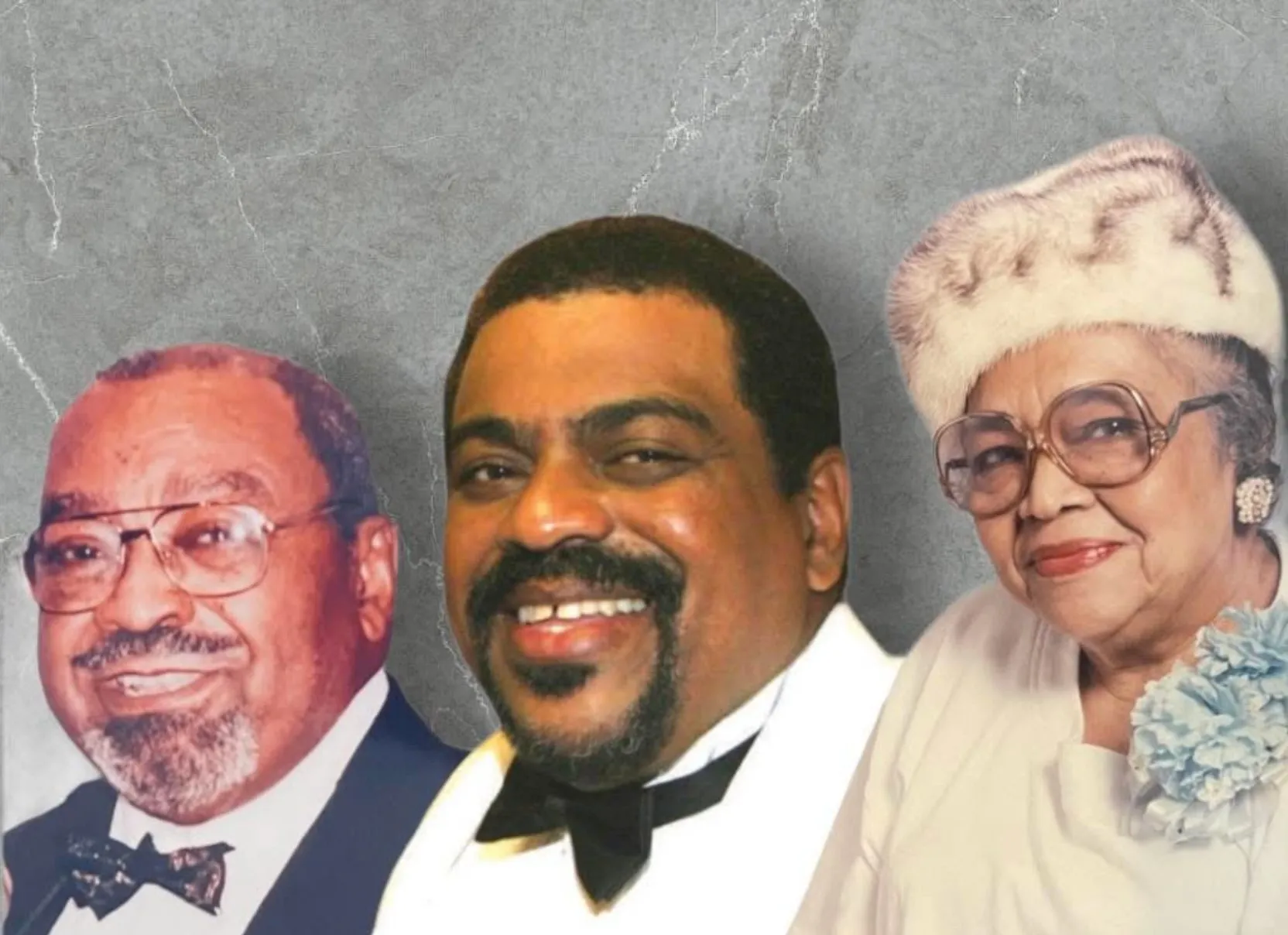





Leave a Reply